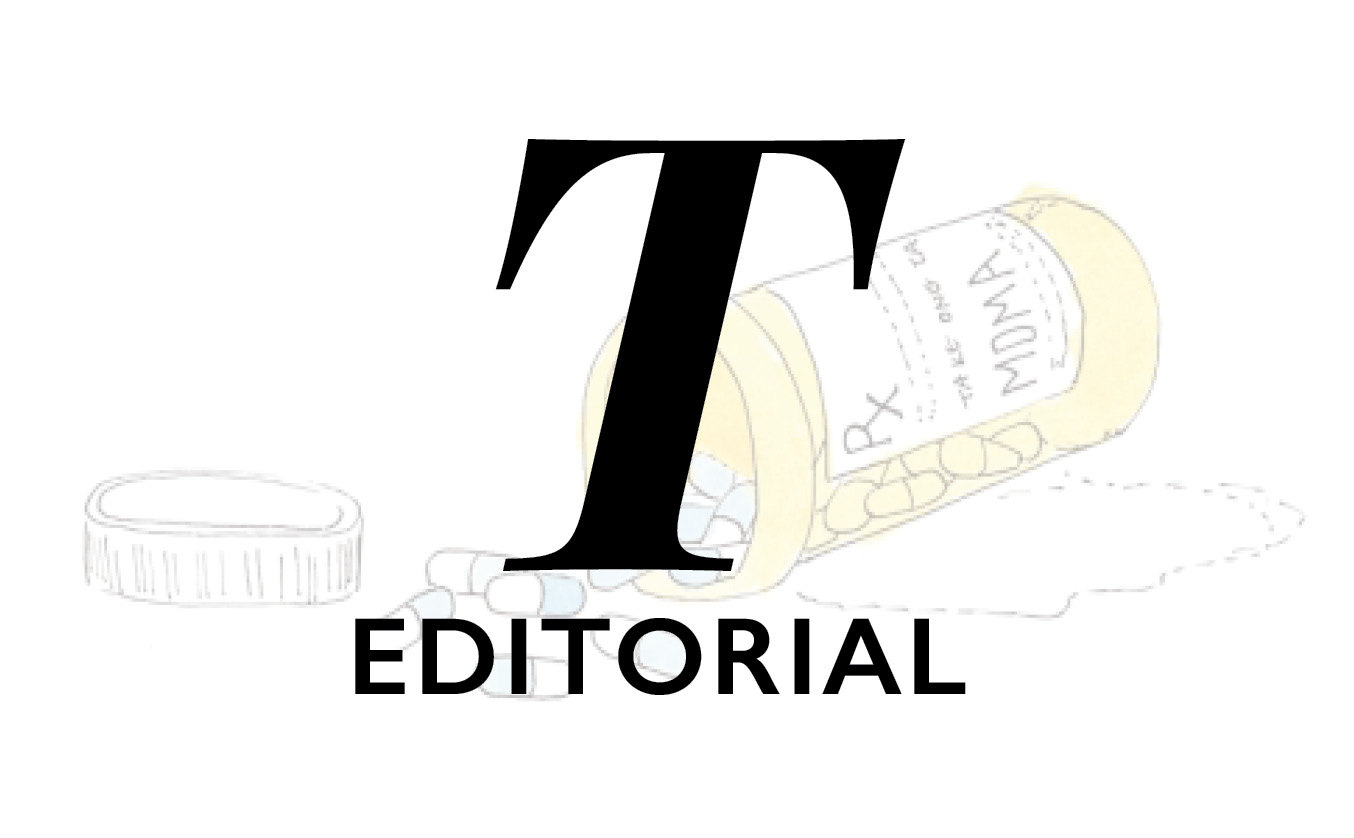Drug use is common across most universities, including McGill. However, the dialogue about safe drug use and harm reduction in the McGill community is sparse. The administration provides few resources to inform students about the possible effects of using certain substances, and no material resources, such as drug testing kits. What is stopping the creation of more robust information and safety resources regarding drug use at McGill is not cost or a lack of practical options, but stigma. The lack of resources the administration provides demonstrates that the university prefers to stray away from potential liability than ensure the health and safety of their students. McGill should overcome the stigma surrounding substance use, provide more extensive informational and material resources for its students, and begin treating drug use and addiction as a public health issue.
On Jan. 30, the Student Wellness Hub updated their “Opioid Overdose Fact Sheet” in response to a succession of positive test results for fentanyl in street drugs acquired near campus. Fentanyl, a highly-potent synthetic opioid used to cut drugs like MDMA and Cocaine, makes overdoses more likely. The increased prevalence of fentanyl-laced illicit drugs over the past several years has worsened the effects of the current opioid crisis. The rise of fentanyl-laced drugs only heightens the necessity of comprehensive informational resources for drug use. The rest of the Wellness Hub’s Opioid Overdose Fact Sheet describes how to treat a fentanyl overdose and where one might acquire Naloxone, a reversal agent for fentanyl and other opioids. However, the sheet lacks any information on how students might avoid overdosing in the first place. Drug testing kits are a crucial resource for those seeking to practice safe drug use, and they can be acquired online and at some Montreal pharmacies. The omission of test kits from the fact sheet is unacceptable.
McGill’s only other online informational resources for drug use are the Wellness Hub’s “Just say Know” page, which features a series of questions students should ask themselves before using a substance, and their self-help substance use page, which exhibits the results of a four-year-old survey of students’ marijuana use. “Just Say Know,” and the results of the survey are not up to date, and severely lacking in useful safety information. Many universities including the University of Toronto and Concordia University, have provided more expansive student resources for drug use, setting the precedent for McGill to expand their information available to students. McGill’s fear of liability and preoccupation with its public image must not prevent it from providing life-saving resources for students.
For many students, Frosh and other partying events during the first few months of school are their introduction to more normalized substance use. For this reason, orientation is a crucial time to provide students with education instead of misinformation. Since students in residence are required to attend workshop sessions on consent, race, colonialism, and alcohol use, informational sessions on the effects and possible consequences of using controlled substances would be an easy and relevant addition. An approach to drug use that recommends that students simply refrain from using drugs is both unrealistic and infantilizing. Students will use drugs regardless: The university’s approach to drug use should be one that seeks to inform, rather than shame those who choose to use illegal substances. In addition, marginalized individuals can be further discriminated against in the context of drug use. For example, if a student has a Quebec health card, they can get Naloxone for free at many Montreal pharmacies, but international and out-of-province students have to pay out of pocket for it. To protect their students, especially international students, McGill should provide Naloxone to staff such as floor fellows and organizers of drinking events.
While it would be unreasonable to expect the administration to provide the entire student body with resources, providing some to key support staff, such as Frosh coordinators, floor fellows, and Drivesafe or Walksafe volunteers would be a step in the right direction. In addition, McGill should institute very basic practical resources which reduce the harm associated with illicit drug use such as safe-needle disposal boxes in bathrooms and safe-injection sites, like the ones at Concordia. Additionally, the administration needs to adopt a stronger harm-reduction policy in residences, adequately equipping floor fellows with kits, Naloxone, and other necessary resources. In the meantime, the McGill community is making up for the administration’s shortcomings. Groups like Canadian Students for Sensible Drug Policy provide free drug testing kits to students and Richard Davy, a Social Work student, has run educational workshops and continues to perform outreach regarding safe drug use.
For students who decide to use controlled substances, there are still some practical ways to stay safe. Use a test-kit, do not do drugs alone, and always seek to inform yourself on the effects and consequences of a particular substance using online resources.









